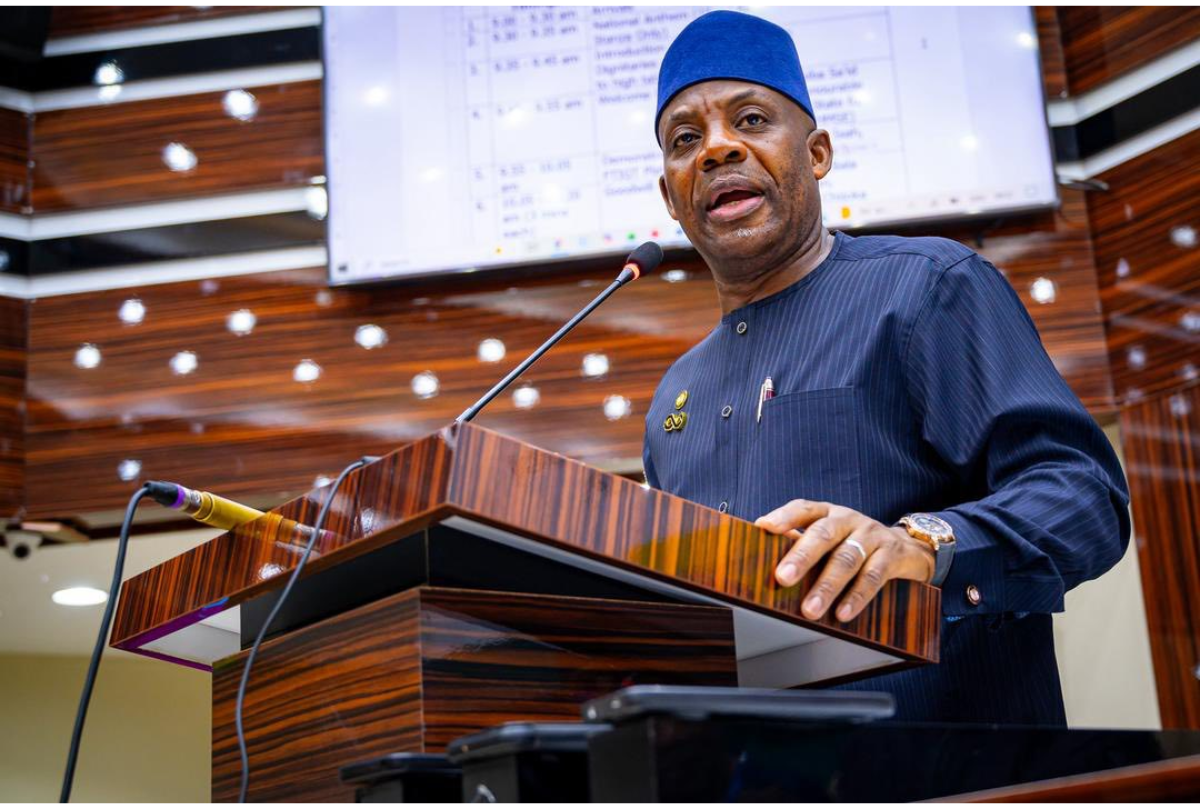Nigeria’s Tertiary Institutions Gain Unified Digital Ecosystem Under New NgREN–TERAS Integration
The upgraded system aims to enhance digital connectivity, promote institutional innovation, and deepen research partnerships across Nigeria’s universities, polytechnics, and colleges of education.

The Federal Ministry of Education has launched the upgraded Nigerian Research and Education Network (NgREN) integrated with the Tertiary Education, Research, Applications, and Services (TERAS) platform, marking a major step forward in Nigeria’s digital transformation agenda for tertiary education.
Speaking during the launch in Abuja, the Honourable Minister of Education, Chief Dr. Maruf Tunji Alausa, described the initiative as a milestone in modernizing teaching, learning, and research through technology and data-driven collaboration. The upgraded system aims to enhance digital connectivity, promote institutional innovation, and deepen research partnerships across Nigeria’s universities, polytechnics, and colleges of education.
The NgREN–TERAS integration establishes a unified digital ecosystem that offers high-speed internet access, cloud computing capabilities, and advanced research tools. Through this integration, tertiary institutions will now have access to research databases, plagiarism detection systems, high-performance computing resources, and institutional analytics — enabling a more efficient and transparent academic environment.
Supported by the World Bank under the SPESSE and ACE Impact projects, the initiative also provides cloud data centers, e-libraries, and campus-wide Wi-Fi for participating institutions, ensuring more equitable access to quality education and research resources.
Dr. Alausa commended the National Universities Commission (NUC) and the Tertiary Education Trust Fund (TETFund) for their leadership in driving digital inclusion within the education sector. He emphasized that the digital infrastructure now being rolled out will serve as a foundation for sustainable tertiary education reform — fostering transparency, innovation, and cost-effectiveness in academic service delivery.
The Ministry reaffirmed that this digital transformation effort aligns with President Bola Ahmed Tinubu’s Renewed Hope Agenda, which prioritizes building a knowledge-driven economy anchored on innovation, technology, and inclusive education.






